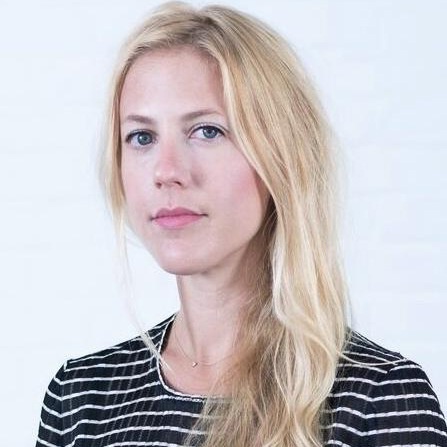
Oriel FeldmanHall

Biography
Professor Oriel FeldmanHall received her Doctorate from the University of Cambridge, United Kingdom, and her Bachelor of Arts from Cornell University. FeldmanHall's research focuses on identifying and characterizing the mechanisms that drive complex social cognition. FeldmanHall has won numerous awards, including the Cognitive Neuroscience Society’s Young Investigator Award for outstanding contributions to science (2022), APS's Janet Taylor Spence Award for Transformative Early Career Contributions (2022), Social and Affective Neuroscience Society Early Career Award (2023), Society for Neuroeconomics Early Career Award (2020), NARSAD's Young Investigator Award (2017), the American Psychological Association’s Distinguished Scientific Award for Early Career Contribution to Psychology (2022) and APA's Rising Star Award in recognition of innovative work that has already advanced the field (2016). She is an APS fellow and has received Brown University's Early Career Research Achievement Award and the Henry Meritt Wriston Award for Excellence in Teaching. FeldmanHall's work has been supported by the National Science Foundation, the National Institutes of Health, the Brain & Behavior Research Foundation, and the Carney Institute for Brain Science.
Research Interests
The FeldmanHall lab studies how we adaptively navigate our social worlds and the neurobiological systems that support such complex social cognition. The human social experience centers on learning about others and making decisions in a broad range of contexts, from one-on-one interactions (such as trusting or cooperating with the right people) to large and complex environments (such as knowing how gossip spreads through a social network). Social learning and decision-making pose unique cognitive hurdles. Other people’s goals, beliefs, intentions, and emotions are complex, constantly evolving, and often not observable—which makes behaving adaptively amidst so much uncertainty a constant challenge. Our interdisciplinary approach integrates theory and tools from cognitive neuroscience, behavioral economics, social psychology, and social network science, with techniques that include neuroimaging, EEG, psychophysiology, and computational modeling. We study social cognition across levels, from laboratory experiments that enable us to characterize the dynamics between two interacting individuals with precise and controlled measurements, to some of the most complex systems that we observe in the wild—our social networks—which are comprised of hundreds of people who shape each other’s behavior.
Courses:
- CLPS700 Social Psychology
- CLPS1760 The Moral Brain
Office Hours:
TBA
